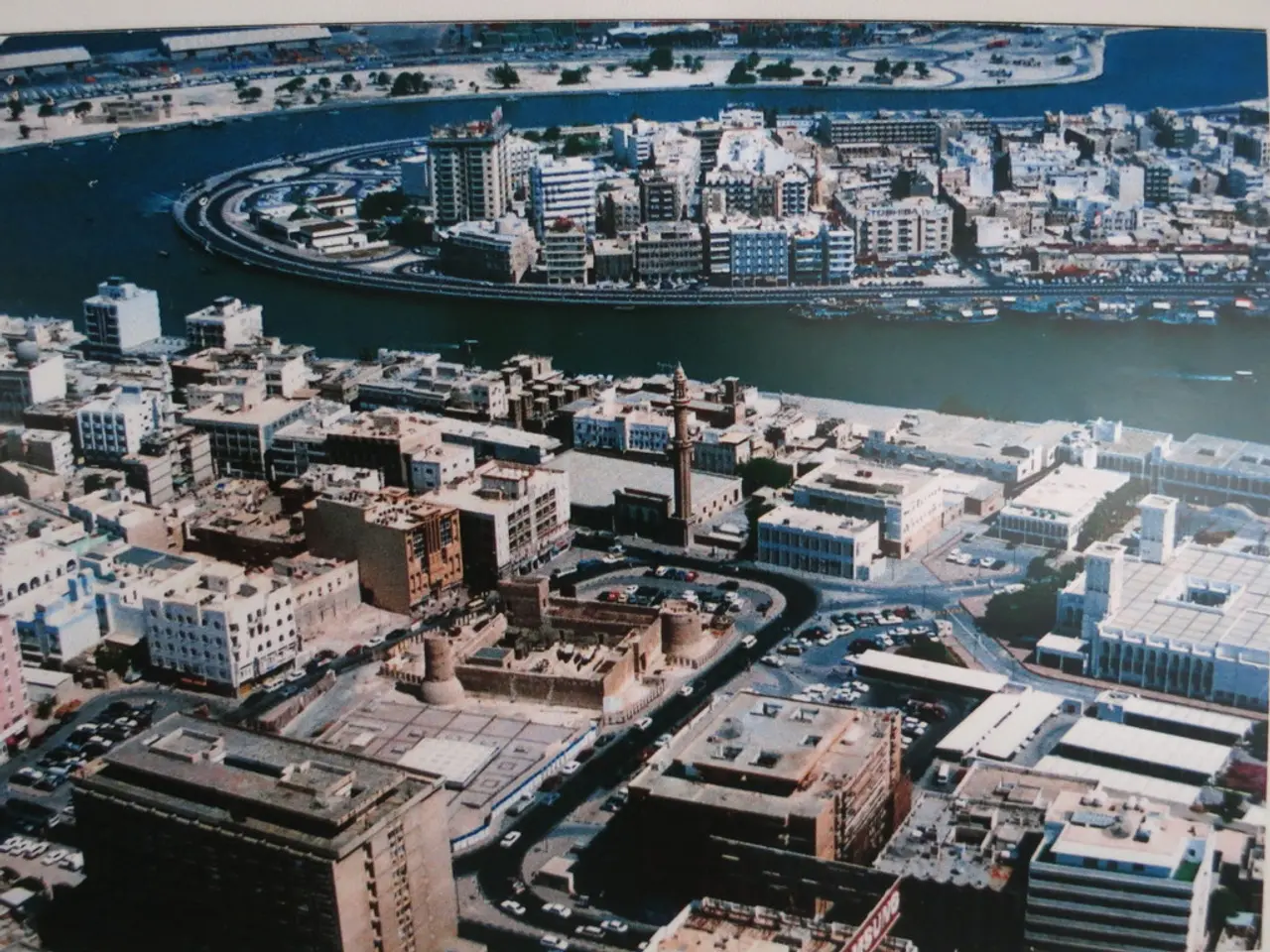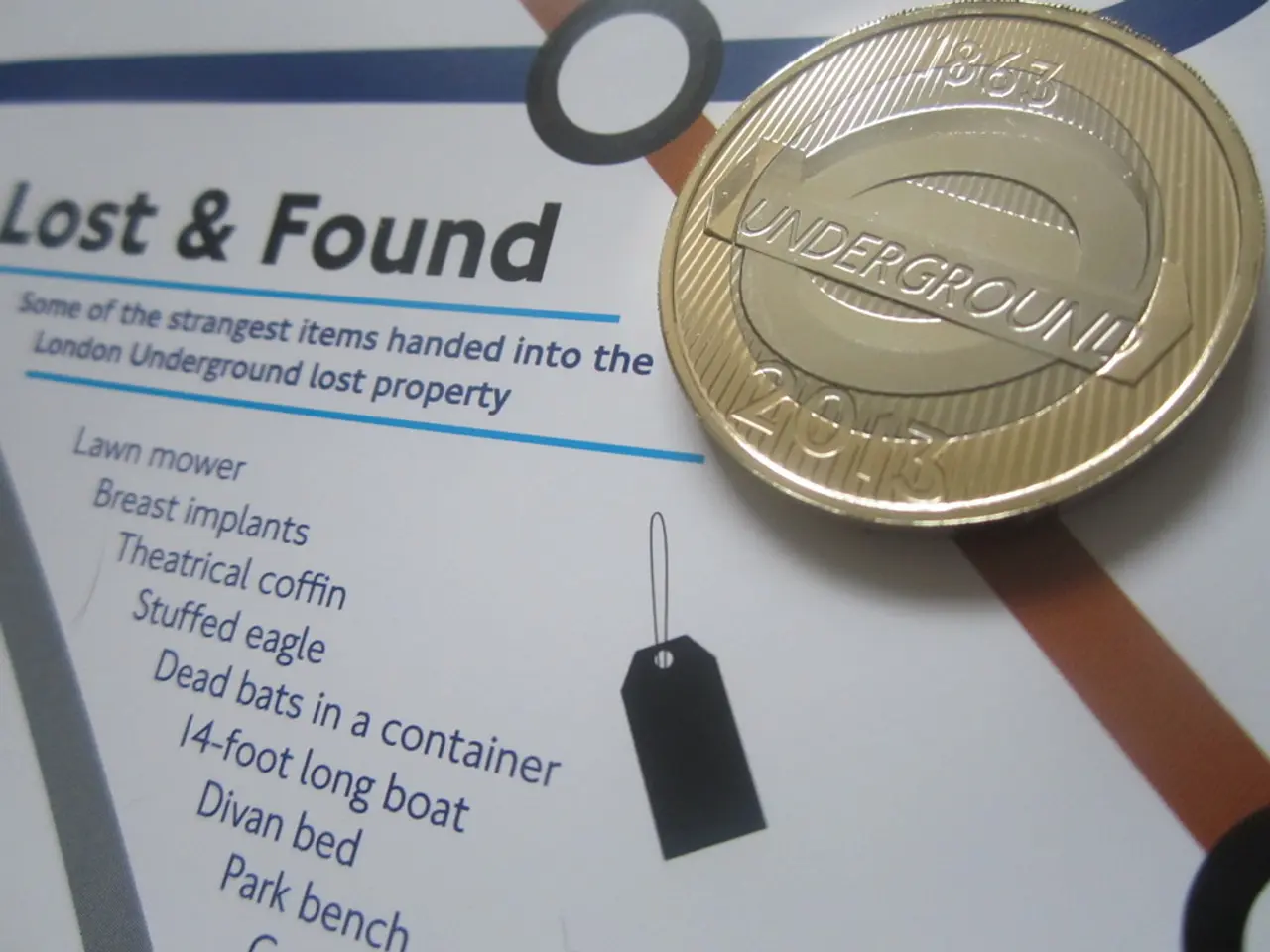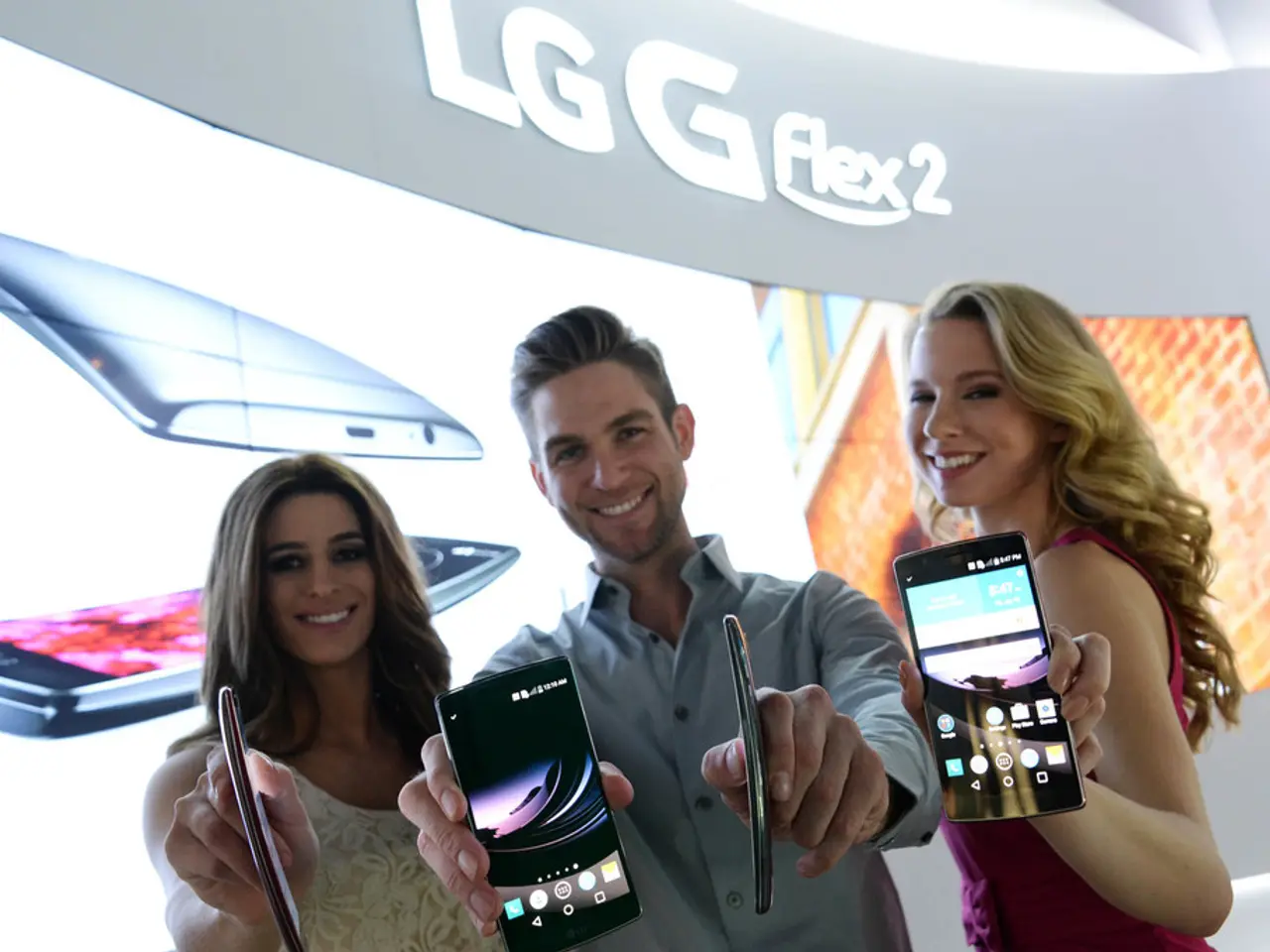Waterfront Property Development: Dubai's Emerging Real Estate Hotspot
In the heart of the United Arab Emirates lies Dubai, a city that is redefining waterfront living and real estate investment by extensively leveraging PropTech, blockchain, and AI. This forward-thinking approach has resulted in a futuristic, integrated smart living environment combined with strong investment potential.
### PropTech and Smart Homes
Dubai is embedding smart home technologies on a large scale, making use of IoT-enabled lighting, AI-driven energy management, and blockchain-secured property deals as part of the standard for luxury waterfront developments. These smart homes not only enhance sustainability and reduce maintenance costs but also increase asset value and tenant retention. The Dubai Land Department has facilitated over US$1 billion in sales using virtual reality platforms, transforming how real estate is marketed and transacted.
### Blockchain and Asset Tokenization
Dubai is pioneering the use of blockchain beyond simple transactions by enabling tokenization of real estate assets, allowing fractional ownership and increased liquidity. For instance, in early 2025, DAMAC partnered with blockchain platform MANTRA to tokenize US$1 billion worth of property assets, creating a bridge between physical real estate and digital finance, making investments more accessible and secure.
### Artificial Intelligence in Real Estate Development and Visualization
AI is transforming the design, valuation, and promotion of properties in Dubai. AI tools improve property valuation accuracy by up to 7.7% and reduce manual inspection needs by 50%, enhancing investment decision-making. Developments like those by LEOS use AI-generated fully animated 3D walk-throughs to provide potential buyers with immersive, emotionally engaging previews of future waterfront homes.
These technologies have helped Dubai develop ambitious waterfront projects such as artificial lagoons and marina towers that are gaining global attention. They combine ultra-luxury living standards with smart, sustainable environments and investor-friendly policies, leading to increased rental yields and demand. For example, Dubai Harbour is a visionary waterfront district that blends maritime heritage with modern luxury, supported by infrastructure like the King Salman Bridge, boosting its connectivity and appeal to investors and residents alike.
In the first half of 2025, real estate transactions in Dubai saw a 22% increase compared to the same period in 2024, totaling more than 45,400 transactions worth AED142.7 bn. Rental deals were rising by 31.2% monthly, and rental value was up 41.9% on a year-on-year basis, with an amount of AED 4.4 billion achieved. The city of Dubai is defining world standards of blockchain transparency, AI-based infrastructure, and sustainable design, overcoming these obstacles through PropTech integration.
By the middle of 2025, the percentage of new office spaces attaining LEED certification is estimated to be 35 percent, with sustainable features such as green waterfront development, smart waste/water, and green roofs in projects like Ciel and Sustainable City communities.
In summary, Dubai's integration of these advanced technologies is setting a new global standard for waterfront living by making properties smarter, investments more liquid and transparent, and the buying experience more immersive and informed.
In the realm of real-estate investments, Dubai's strategic partnership with MANTRA's blockchain platform in early 2025 enables tokenization of properties valued at $1 billion, revolutionizing the connection between physical real estate and digital finance.
Moreover, Dubai continues to embrace AI in various aspects of real estate, from improving property valuation accuracy to presenting immersive 3D walk-throughs for potential buyers, thereby shaping a futuristic lifestyle by blending luxury living, smart sustainable environments, and technologically advanced investing opportunities.



